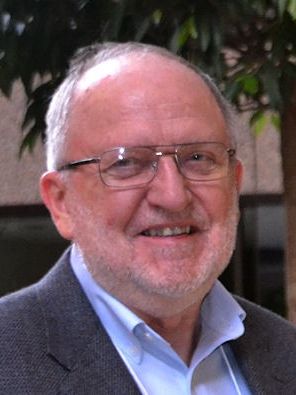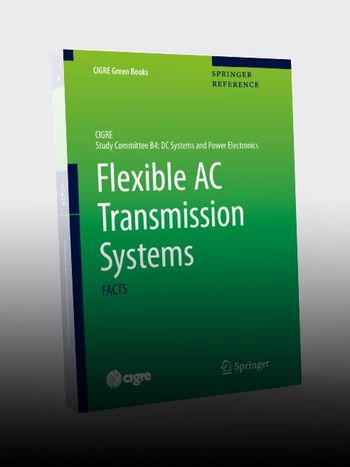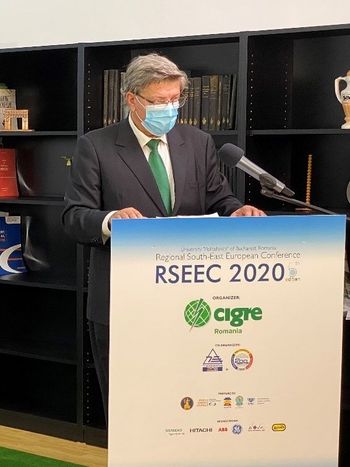The adventures of the 2020 e-session
In February 2020, preparations for the 48th Session were well under way, including the collection of the latest reports, and the opening of registrations on the new website just developed for the occasion.
by Philippe Adam, Secretary General of CIGRE
& Marcio Szechtman, Technical Council Chair of CIGRE
From then on, everything rapidly changed when information was coming in from all over the world about a new coronavirus that was highly contagious, sometimes fatal, and spreading very quickly.
Like other international organisations, the Central Office initially relayed rules of good practice designed to limit the risk of contamination during working meetings within the framework of CIGRE.
Then came decisions to postpone events organised by certain National Committees (Japan, Greece, and Austria) that had planned national or regional events in the first semester.
The Central Office then issued a first communiqué indicating that the governing bodies were in the process of assessing the consequences of the pandemic on the organisation of the August 2020 Session.
The Technical Council, which had planned to hold its first annual meeting in Athens on 3 and 4 April, took the decision to replace it with a videoconference on the same dates (Figure 1). For several years now, this option had already been implemented in exceptional cases of incapacity to travel.
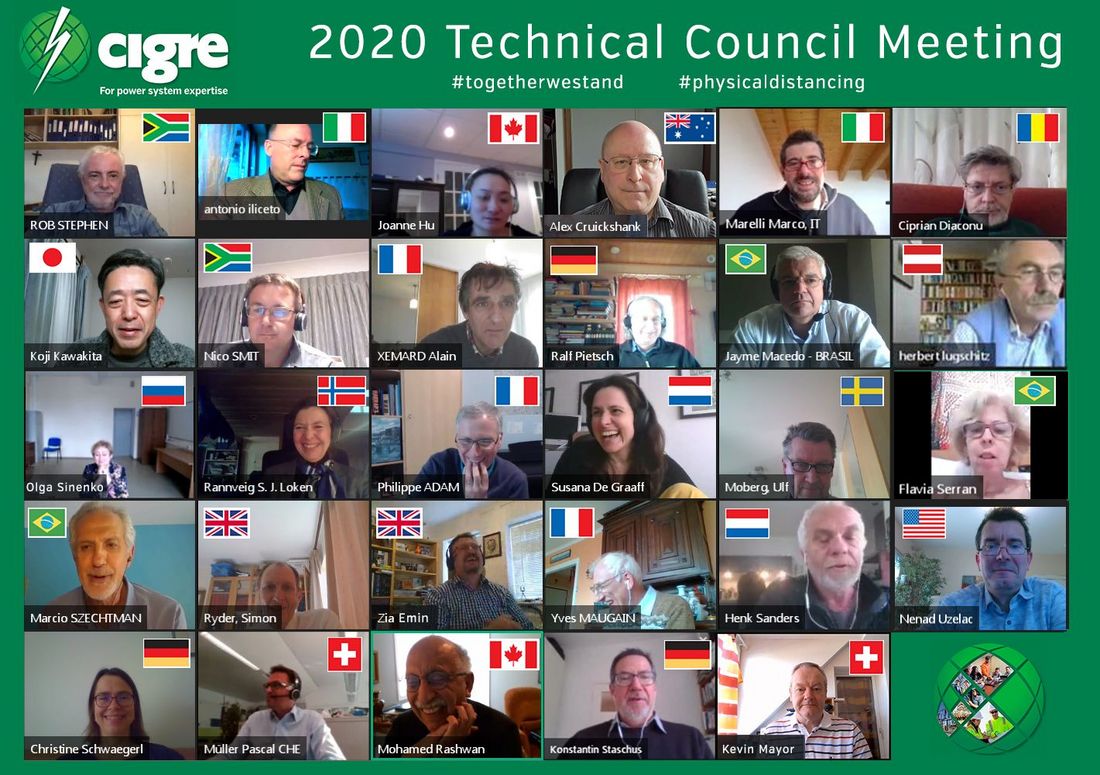
Figure 1 - Technical Council Meeting
The Steering Committee, which was due to meet in Zurich on 12 and 13 May, also replaced their meeting with a videoconference on the same dates.
On March 17, the French government imposed a national lockdown.The Central Office staff immediately began teleworking, which enabled them to continue without interruption all the usual member activities, and to prepare the Session.
On 25 March the leadership team - the President, the Treasurer, the Chairman of the Technical Council and the Secretary General - recommended the postponement of the Session to 2021, which was approved on 30 March by the Steering Committee.
This recommendation, voted by a very large majority by the Administrative Council on 8 April after an exceptional consultation, was the subject of a communiqué which, in addition to postponing the Session to August 2021, provided for the creation of a virtual Session, called "e-session" during the original August 202 Session dates.
It is interesting to recall that the only time such a decision was made was during the Second World War; no Sessions were held in 1941, 1943, or 1945, andthe first post-war Session was in 1946.
On 16 April a second CIGRE communiqué announced the postponement of the presential 2020 Session, and on 15 May a final communiqué set out the rules for participation in the 2020 e-session, with new conditions for event registration.
The Administrative Council’s decision gave the Technical Council and the Central Office carte blanche to organise and carry out this new type of Session.
It took four meetings of the Technical Council between May and August (in virtual mode of course) to design, plan, and organise this unique event.
Quite quickly some main principles were stated:
1st principle: the e-session was to allow authors who had worked on the preparation of their papers from early 2019 to early 2020 to present them.
This principle made it possible to differentiate the content of the e-session from that of the now postponed session. Indeed, a normal CIGRE Session is based on the Special Reports that ask questions open to the community, not on the presentation of papers.
For the first time, the Technical Council had selected a much higher number of papers than in previous Sessions. This meant potentially 800 papers to be presented.
2nd principle: the time allowed for the presentation of a report should be 10 minutes. This was considered both necessary and sufficient time to allow authors to present their papers properly.
3rd principle: the presentations had to be pre-recorded, for two main reasons: firstly, it freed the presenters from the inconveniences linked to their time difference from Paris time, and secondly, it guaranteed the organising Study Committees a good control of the speakers' speaking time and speech quality.
The implementation of these three principles resulted in a particular conception of the event as a whole.
In order to broadcast 800 10-minute presentations, while at the same time providing for author introductions and question-and-answer sessions, the Study Committees needed more than one day each, whereas one day was sufficient for each discussion group meeting in a normal Session. In addition, the Study Committees planned tutorials, workshops and panels, and an opening session of the event (Figure 2), aimed at offering virtual delegates a programme similar to that of a physical session.
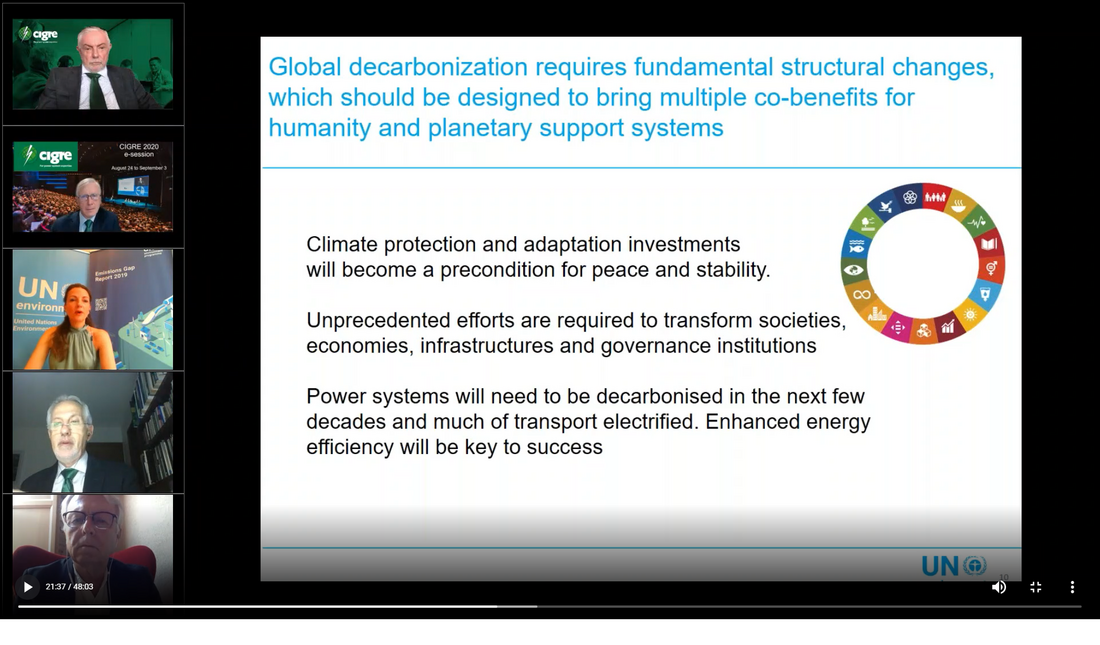
Figure 2 - e-session Opening Ceremony
In order to fit all these contents into the duration of a normal Session (5 days), it would have been necessary to broadcast them on seven to eight channels in parallel, which was inconceivable. The solution adopted was to broadcast content on four channels, like the face-to-face Session which occupies four conference rooms at the Palais des Congrès in Paris.
This choice led to a total duration of nine days for the e-session, from 24 August to 3 September.
The general programme of the e-session finally resulted in 83 sessions including one opening session, five workshops, 55 paper presentation sessions, 16 tutorials (Figure 3) and 6 side-events including NGN and WiE forum and partner conferences.
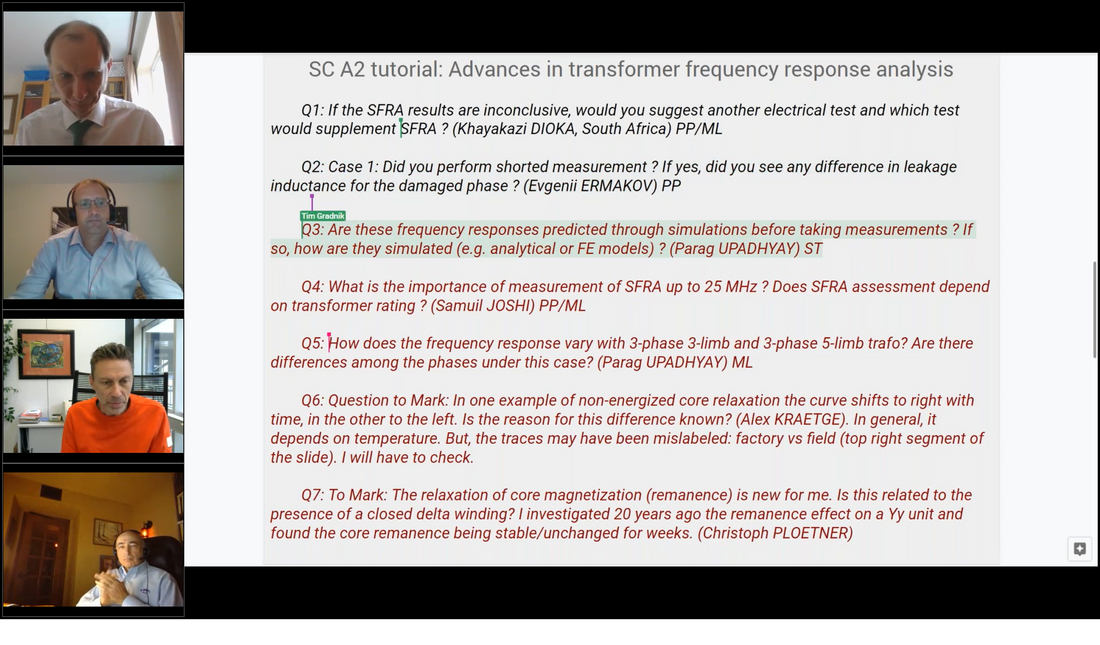
Figure 3 - An example of session (Q&A during the SC A2 tutorial)
The choice of content delivery technology quickly fell on the tool that the Central Office has been using for more than a year to organise and deliver the CIGRE Academy Webinars, LogMeIn's GoToWebinar platform, which provided valuable support throughout the preparation phase.
The tasks of the Study Committees, which in normal times should have been limited to contribution management and the organisation of oral interventions by contributors, had been completely disrupted.
In record time, the Study Committees contacted all report authors to inform them of the new setup and the new instructions to prepare pre-registered presentations.
The Study Committees assigned new roles to adapt to the new format. In particular, the Special Reporters were not part of the new e-session organisation, but very often took on the role of session moderators.
They reviewed all the pre-recorded presentations, and to compose a detailed programme for each session.
For its part, the Central Office reorganised itself to plan the 83 sessions, broadcast the general programme of the e-session, open and manage registrations, ensure rehearsals with the session organisers and moderators, and assist them during parallel broadcasts on four channels over nine days.
A sponsorship offer was built to allow exhibitors to be somehow present during the virtual event, and the integration of the sponsors' messages in the different sessions was also carried out by the Central Office that recruited and trained a specific staff for these specific tasks (Figure 4).
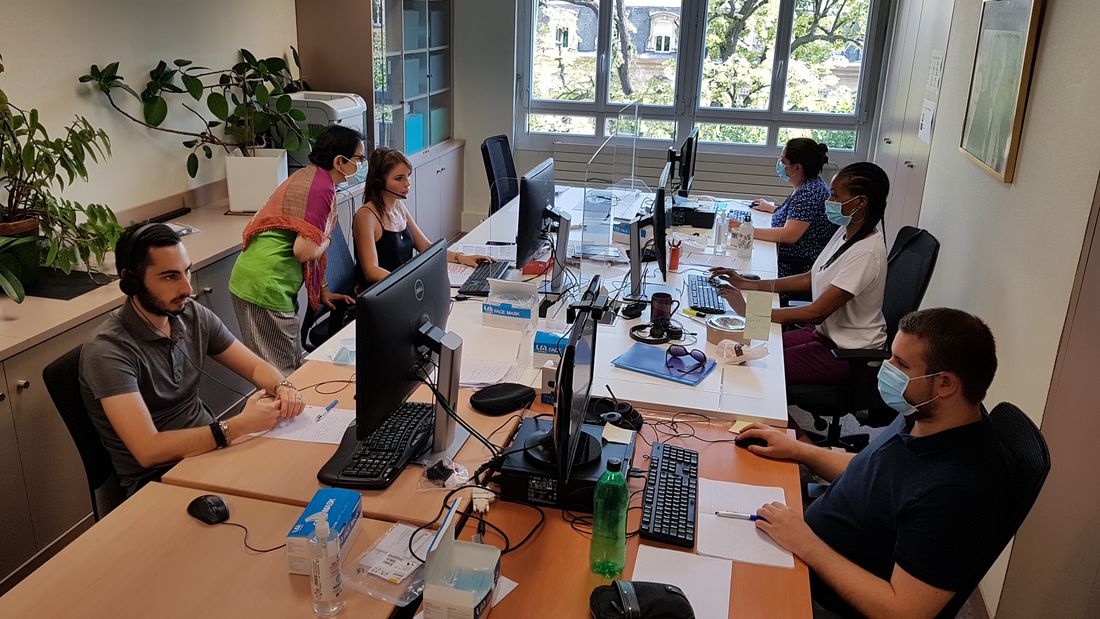
Figure 4 - Daily connections to the e-session
On the eve of the event, more than 2,500 paying attendees had registered (Figure 5), well beyond initial forecasts. 800 people attended the opening session live, and an average of almost 1,500 people logged on daily to the e-session (Figure 6). The number of participants in the various technical sessions averaged between 160 and 210 depending on the type of session, with peaks close to 300. Two Study Committees even broke their attendance records for face-to-face sessions.
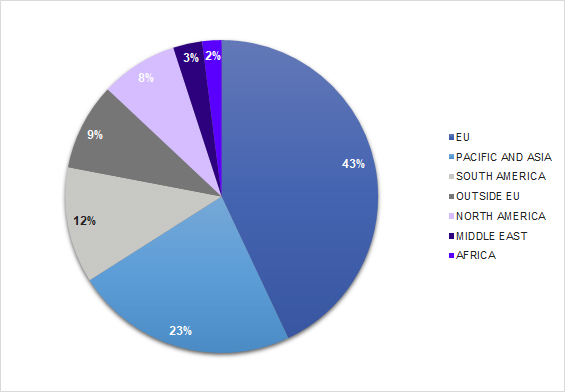
Registrations by world regions
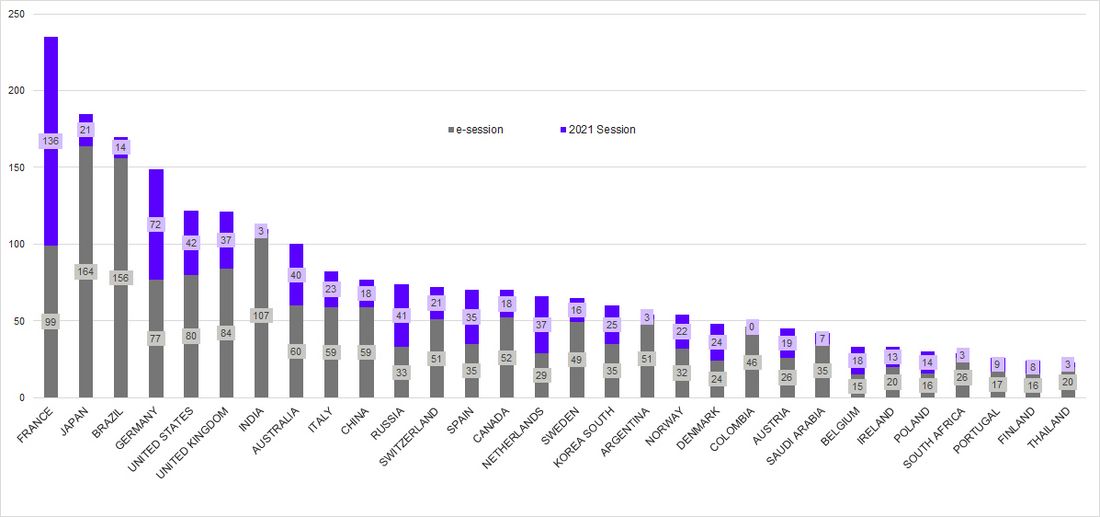
Figure 5 - Registrations by country - Top 30 National Committees
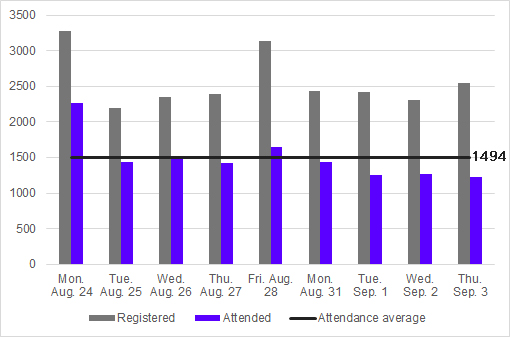
Figure 6 - Daily connections to the e-session
Even the recorded sessions were an unexpected success with more than 5,000 views by the end of September.
The satisfaction questionnaire distributed to the 2,500 participants the day after the e-session received 900 responses within15 days. 36% of delegates responded, which is a better result than the similar survey conducted for the 2018 Session.
Interestingly, the survey showed that 20% of the e-session participants had not planned to come to the Paris Session prior to the pandemic outbreak.
This new adventure, and the considerable challenges that were met, showed that CIGRE, through its Study Committees and with Central Office support, was able to organise and manage in a very short period of time a new type of event - 100% virtual - which was very well received by the vast majority of participants.

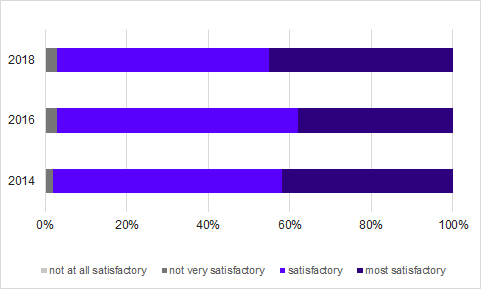
Delegate's global experience of the e-session

